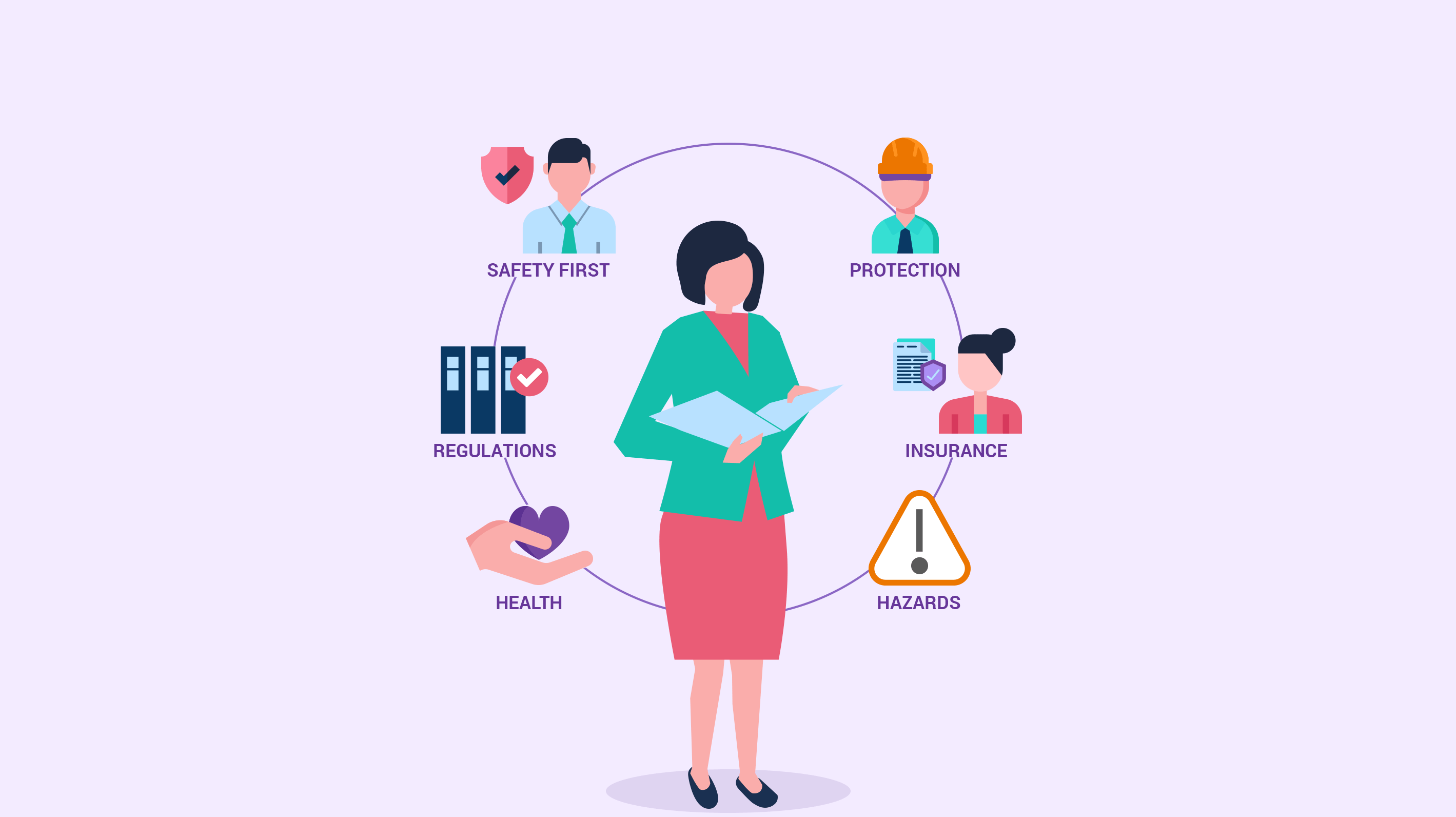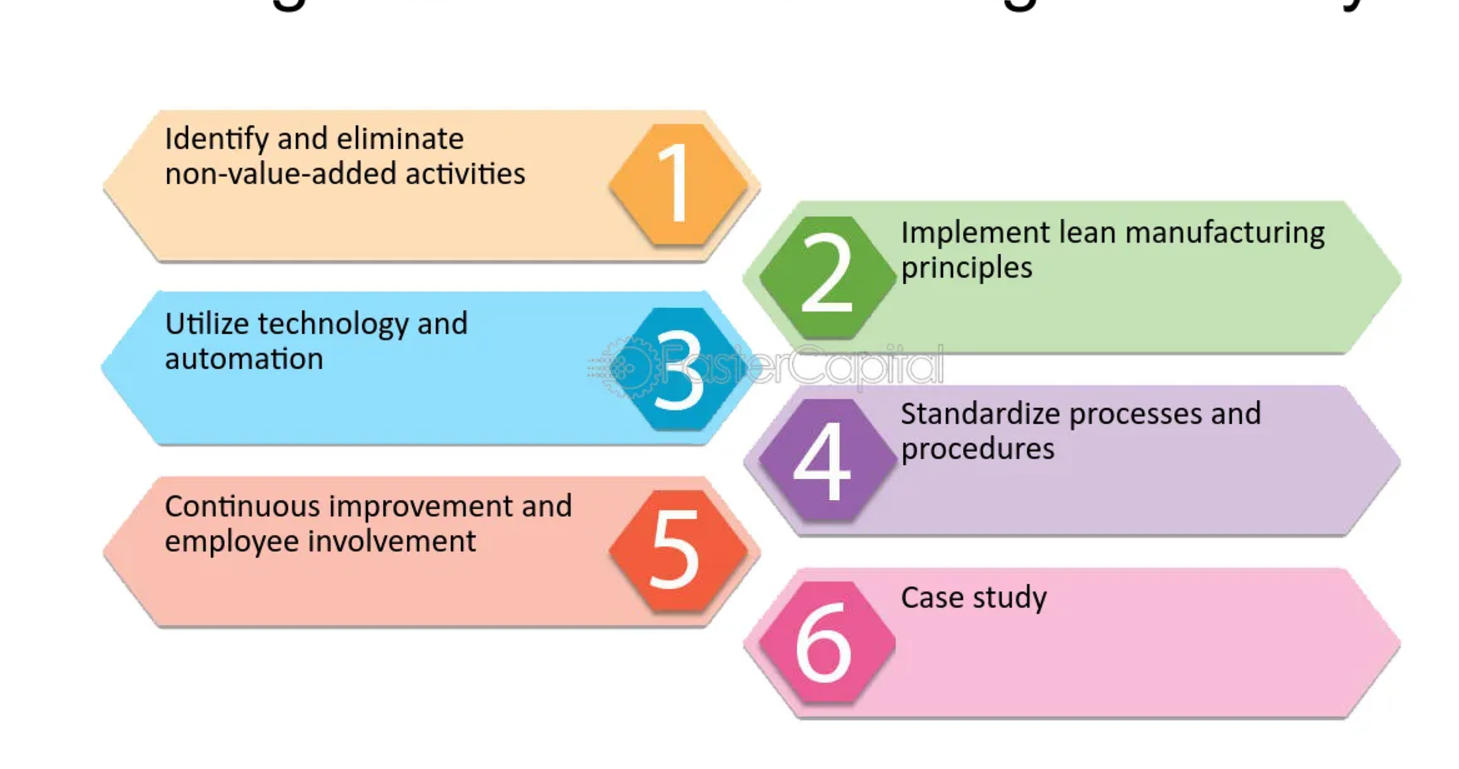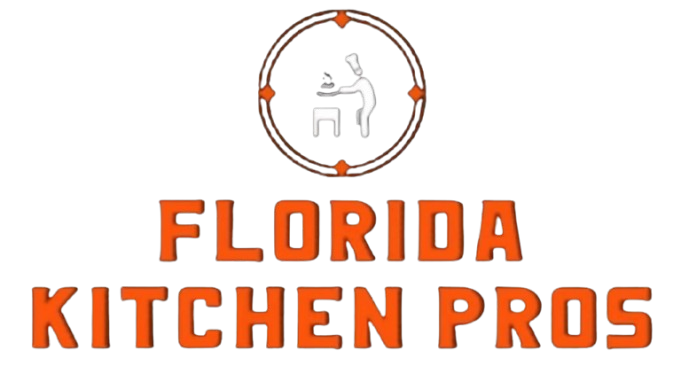Here are some best practices to follow to stay in line with health rules and make sure that both workers and customers are safe:
Teach your staff: Regularly teach kitchen staff about food safety such as how to wash their hands, store food safely and clean up after themselves.
Make sure to do regular inspections: Set up regular checks inside your kitchen to ensure it meets health code requirements. Take care of problems before the official inspection.
Keep things clean: Clean the kitchen’s floors, walls and ceilings regularly to prevent grease, dirt and germs from building up.
Use thermometers for food: Check the temperature of food and freezers often to ensure proper storage.
Keep up with any changes to local, state or federal health codes to ensure that your kitchen complies with the latest rules.
Health code compliance means following the rules set by local, state, and federal governments regarding food safety, cleanliness, and how the kitchen should run. These rules ensure that food made in industrial kitchens is safe to eat and that the kitchen is clean, germ-free, and safe for workers. Health rules cover a lot of ground, from storing and handling food to keeping the kitchen and employees clean .
The US Food and Drug Administration (FDA) prepares an example code that is then used and changed by each state and city government. Local health offices ensure that these rules are followed, and kitchens are inspected often to ensure they are up to code.
Why following the health code is so important
Business kitchens have health rules mainly to keep people from getting sick from food. Bad cleanliness not washing your hands enough and not keeping things clean enough can all spread germs, viruses and parasites that can make you very sick. Pathogens like Salmonella, E. coli and Norovirus can grow in kitchens that are not cleaned or appropriately kept.
By following health rules you can help keep food at the right temperature make sure it is cooked safely and keep places clean to stop germs from spreading. Foodborne diseases can be greatly reduced by doing simple things like washing hands often, cleaning tools and keeping raw and cooked foods separate.

The image of your business is directly linked to how safe the food is. If one person gets sick from your cooking or there is a spread of food poisoning, it can hurt your business. If you get bad reviews, bad press or even lawsuits people may not trust your business or buy from you again. Health code violations especially ones that make people sick can cause your business to close for a while or for good.
Following health rules and food safety standards helps create a trustworthy reputation. Customers are more likely to return to a place that is known for preparing food in a clean and safe environment.


Heavy fines and penalties can be given for breaking health code rules. These can add up quickly and put a lot of strain on your business’s finances. In some situations, violations can even get your business shut down. Every so often, health officials check business kitchens to ensure they follow the rules. If your kitchen does not follow the rules set by the health code you could get fined given warnings or even have to close your business temporarily.
Also repeatedly breaking the law could lead to legal action such as claims from customers who were hurt by dangerous food or dirty circumstances. In the worst case continuing to not follow the rules could cause your business to close down for good. Following the health code will help you escape these legal problems and possible financial losses.


A clean, safe, and up-to-code kitchen is important for both your customers and your workers. Follow the health code to ensure your kitchen is a safe place to work. This includes keeping it clean using the right PPE (personal protection equipment) and handling food safely.
People who work in professional restaurants are often around chemicals, hot surfaces and high temperatures. By following health rules correctly these risks can be kept to a minimum and workers will be taught how to use cooking tools safely. Keeping the workplace clean also lowers the risk of getting sick among employees, which means fewer sick days and more work getting done.

Following the health code is essential for keeping food safe and making your kitchen run more smoothly. For instance keeping food at the right temperature helps keep it from going bad and becoming waste. Food preparation places that are clean and well organised are less likely to get contaminated and take less time to prepare. As needed by health rules, cleaning and maintaining your cooking equipment regularly can also make it last longer saving your money on fixes or replacements.
By following health rules you can avoid fines and health problems and your home will be more organised and run smoothly. This can help with better product control a faster process and less food waste leading to higher profits in the long run.

Health rules differ in different places but some violations happen in many areas. Kitchen managers and workers should be aware of these usual health code violations:
Not storing food properly: This includes not keeping cold foods at the right temperature (below 40°F) not keeping raw meats separate from ready to eat foods and not using labelled or marked containers.
Cross-contamination: Bacteria can be spread when raw meats or veggies that haven’t been washed touch cooked foods or surfaces used for food prep.
Inadequate hand-washing: Employees need to wash their hands properly or enough to avoid getting dangerous germs into the food.
Dirty kitchen tools: If you clean and sanitise your kitchen tools, surfaces, and equipment, germs can grow and make your food safe.
Not properly getting rid of trash: Not getting rid of trash and junk can cause contamination and bad smells.
Problems with bugs: Breaking health codes about pests is common and can cause significant health problems.
To protect customers and workers’ health and safety business kitchens must follow health codes. Maintaining a good image, avoiding expensive fines and ensuring that your kitchen works well are all benefits of food safety. Kitchen owners can ensure their businesses run efficiently and safely by following good food safety practices, staying current on rules and spending money on regular repairs and cleaning. Health code compliance is more than just following the law. It’s also about making a safe, clean and reliable place to be successful in the long run.

Florida Kitchen Pros believes in years of experience in the commercial Kitchen cleaning industry that keeping and maintaining your commercial kitchen safe and clean is essential and very important for the well-being of customers and staff.